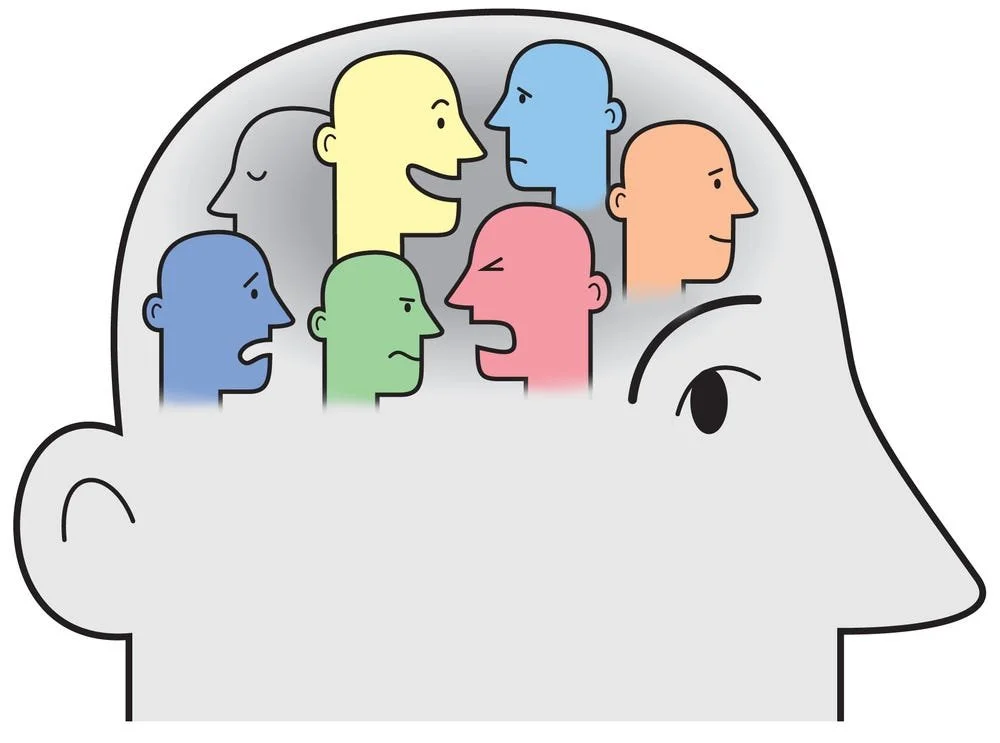Polarization Begins Within: An IFS Perspective on Inner and Outer Conflict
“As we bring compassion to our own inner system, we naturally extend that compassion outward. The world changes as our relationship to ourselves changes.”
— Richard C. Schwartz, Ph.D.
Polarization doesn’t start in politics or culture—it starts in the soul.
It begins the moment we turn against ourselves.
Inside, different parts of us struggle for control.
The Perfectionist insists, “Keep it together—if you fail, you’ll be exposed.”
The Achiever races toward the future, while the Caretaker pleads for rest.
The Critic polices every emotion, afraid that vulnerability will invite shame.
Beneath them all, the Exile still carries the ache of old wounds—the belief that love must be earned, or that safety can vanish in a heartbeat.
And when pain rises from that hidden place, the Firefighter rushes in to numb it—with distraction, overwork, anger, or escape.
Each part carries something sacred: the impulse to protect, to belong, to stay safe.
But when they stop listening to one another, our inner world becomes a battlefield.
Energy that could create, connect, or heal becomes trapped in defense.
We don’t just divide within ourselves—we begin to project that division outward.
Healing doesn’t mean eliminating parts or forcing them into silence—it means allowing the Self, the calm and compassionate center within us, to lead.
When the Self listens, the Protectors can rest, the Firefighters can lay down their urgency, and the Exiles can finally be seen with compassion.
Harmony begins not through control, but through connection—the inner dialogue that restores relationship among our parts.
This is the practice of internal reconciliation, where we discover that peace isn’t something we earn. It is something we remember.
This is also a spiritual truth.
Because what happens inside of us does not stay inside of us.
The same dynamics that fracture the psyche echo through families, communities, and nations.
Our inner Managers become the controlling systems of society.
Our Firefighters shape a culture addicted to distraction and instant relief.
Our Exiles—the parts carrying pain, shame, or loss—become the marginalized voices we collectively avoid.
Like within, so without.
When we silence dialogue inside, we lose the capacity for dialogue outside.
Polarization spreads until it reshapes faith, politics, and culture in its image.
Just as the Self brings calm and curiosity to our inner world, society too needs spaces and voices that embody Self-energy—compassionate leadership, honest dialogue, and the courage to listen without defense.
Healing, whether personal or collective, depends on our ability to stay connected to that deeper center.
When we make peace with our inner world—when every part is seen, heard, and valued—we participate in the mending of the outer one.
Author’s Reflection
As a therapist, I often see how inner polarization mirrors the outer one. When clients learn to listen to the parts within them—those that strive, protect, numb, or despair—they begin to experience a quiet shift: compassion replaces judgment, and connection replaces control. The same principle holds true in the world around us. When we learn to approach difference with curiosity instead of fear, we make room for healing—not just individually, but collectively. Every moment of internal reconciliation becomes an act of resistance against division and a small step toward wholeness.
This reflection draws on principles from Internal Family Systems (IFS), a therapeutic model developed by Dr. Richard Schwartz that views the mind as made up of “parts,” each carrying unique emotions, roles, and needs. This approach is an evidence-based model of therapy that helps individuals heal by bringing compassion and balance to the different parts of the self.
—Joseph Mounts M.Ed., AADC, LPC


